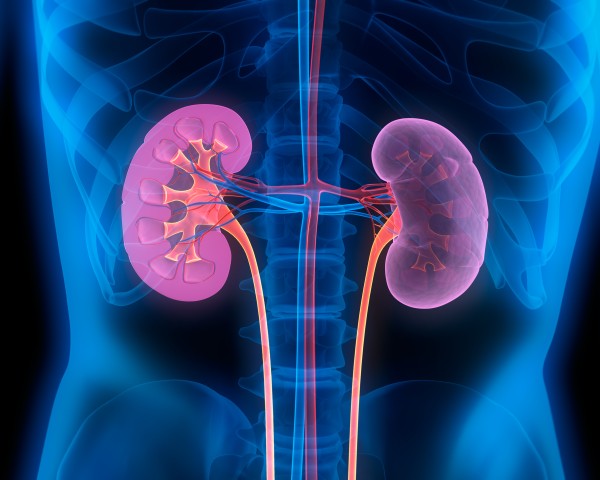Recent research indicates that combining sodium-glucose co-transporter 2 inhibitors (SGLT2is) with glucagon-like peptide-1 receptor agonists (GLP1-RAs) offers enhanced protection against heart and kidney diseases for diabetic patients.
These findings were published in The Lancet Diabetes & Endocrinology and presented at the 61st European Renal Association Congress. The combined use of these medications appears to improve patient outcomes more significantly than when each drug is used alone.
SGLT2is, known as gliflozins, help lower blood glucose levels by promoting its excretion through urine, whereas GLP-1RAs, such as Ozempic, boost insulin release and sensitivity.
Both drug classes have been shown to benefit cardiovascular health independently. Despite evidence from small, short-term studies suggesting that these drugs can jointly enhance blood glucose control, the effects of their combination on heart and kidney disease had not been fully understood.

The SGLT2 Inhibitor Meta-analysis Cardio-Renal Trialists’ Consortium (SMART-C) conducted a meta-analysis that included data from 12 large-scale, placebo-controlled trials involving 73,238 diabetic patients.
Among these patients, 3,065 were also receiving GLP1-RAs. The analysis revealed that SGLT2is provided cardiovascular benefits regardless of GLP1-RA use.
Specifically, SGLT2is reduced the risk of major adverse cardiovascular events by 11% and hospitalization for heart failure or cardiovascular death by 23% compared to placebo, even when combined with GLP1-RAs.
Additionally, SGLT2is decreased the risk of chronic kidney disease progression by 33% and significantly slowed the annual loss of kidney function when used alongside GLP1-RAs. Importantly, no new safety concerns were identified with the combined use of these medications.
Clinical Associate Professor Brendon Neuen highlighted the significance of this research, noting the independent benefits of both drug classes. SGLT2 inhibitors protect against heart failure and chronic kidney disease, while GLP-1 receptor agonists reduce the risk of heart attack, stroke, and kidney disease.
The study supports the combined use of these therapies to improve outcomes for type 2 diabetes patients, especially given the increasing prevalence of cardiovascular and kidney disease in this population.
